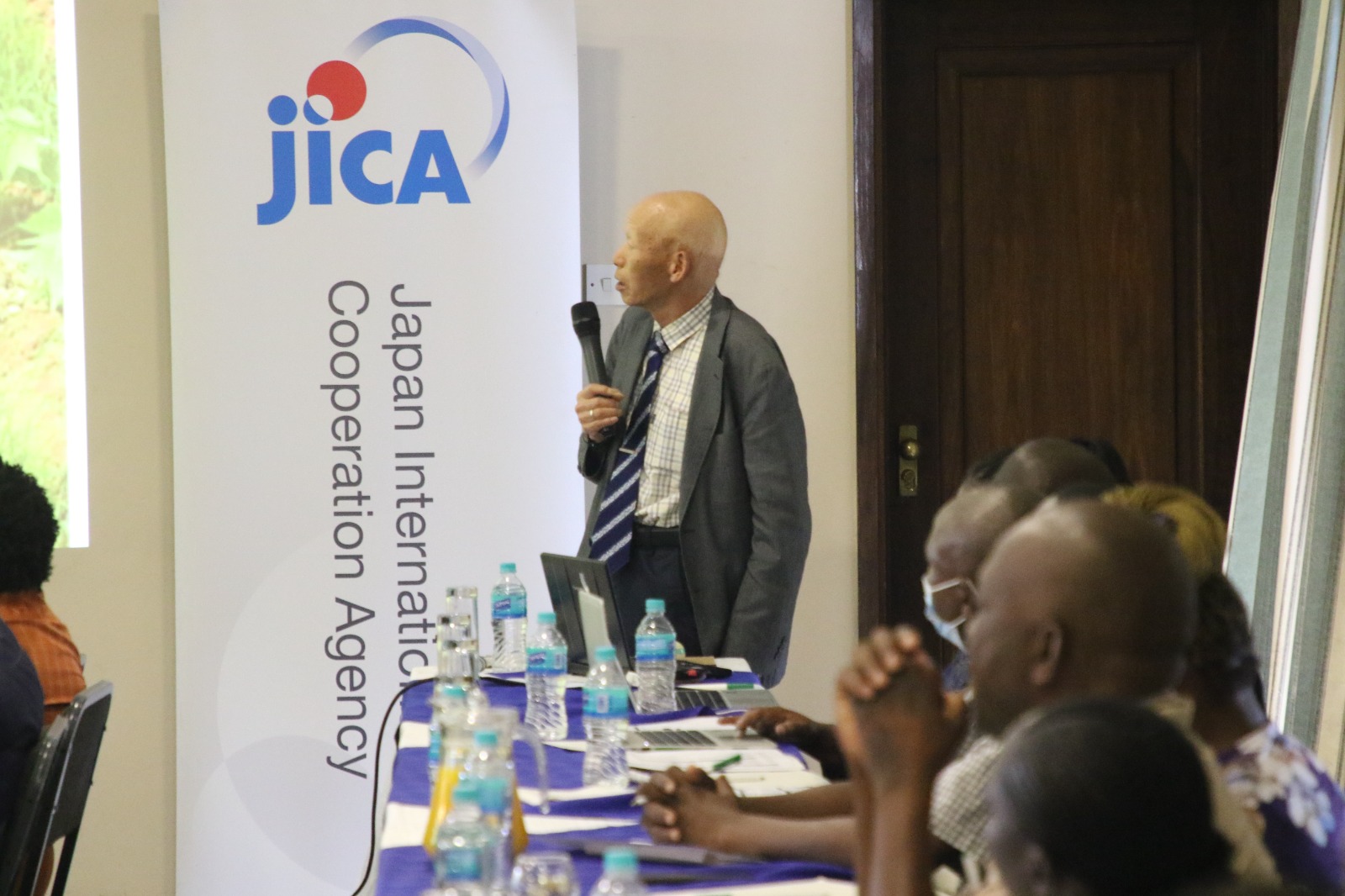THREE top Zimbabwean plant researchers flew out to Uganda last week to attend an upland rice production training as the government bids to capacitate local extension officers with the requisite expertise to increase local rice production.
The trio’s visit to Uganda to learn new techniques to grow a new drought and diseases resistant rice variety known as New Rice for Africa (Nerica) comes on the back of a renewed impetus to capacitate smallholder farmers to increase production of the crop and cut on the annual US$100 million rice import bill.
Over 80 percent of the rice sold and consumed in the country is imported. Annual rice production is 2 908 metric tonnes against the national requirement of 300 000 metric tonnes.
In an interview yesterday, Chief Director of Research and Innovation in the ministry of Agriculture Dumisani Kutywayo said the researchers’ trip to Uganda was a good capacity-building initiative.
“The trip to Uganda is being funded by Japan International Cooperation Agency (Jica) so that they can be exposed to the rice production techniques in Uganda so that when they come back, they will start implementing those techniques locally.
“We need our researchers to be well versed with that and we are grateful to Jica for this initiative and hopefully it will help us to increase upland rice production and productivity in Zimbabwe,” Kutywayo said.
Through Jica, the government brought in a rice production technical expert Tatsushi Tsuboi in March this year to train local researchers, extension officers, and women farmers drawn from all the 10 provinces of Zimbabwe. Tsuboi’s visit to Zimbabwe was part of the follow-up engagements that First Lady Auxillia Mnangagwa had in Tokyo with Jica vice president Sachiko Imoto in November 2022 at the Asia-Pacific African Women’s Economic Summit.
Reached for comment on the Uganda visit, Jica programme officer – Agriculture Cluster – Faith Musuka said Uganda had been growing NERICA rice varieties for years. “One of Tsuboi’s recommendations during his visit to Zimbabwe was to have three rice researchers trained in Uganda on rice production. This will help the researchers improve their technical skills through knowledge and information sharing.
“The focus on the training is to promote rice production, so we expect researchers to implement what they would have learned and also use the knowledge gained to train smallholder farmers in rice production and seed multiplication,” she said.
Musuka said the training of the three researchers is a precursor to the project that Jica intends to implement in collaboration with the Department of Research and Innovation under the ministry of Lands Agriculture.
“This is going to be a three-year project running from October 2024 to September 2027,” Musuka added.
According to experts, rice has never been produced commercially on a big scale in the country even though there is a history of the production of indigenous brown rice in wetlands, commonly referred to as ‘matoro.’
According to the International Rice Research Institute (IRRI), 90 percent of the world’s rice is cultivated in South, Southeast, and East Asia. Globally, rice is grown in more than 100 countries with a total harvested area of nearly 160 million hectares, producing more than 700 million tonnes every year.
Other Agricultural projects funded by Jica Zimbabwe include Zimbabwe Smallholder Horticulture Empowerment and Promotion (ZIM-SHEP), a six-year project which started in March 2019 and ends in March 2025.
ZIm-SHEP is a technical cooperation project where smallholder farmers are trained through Agritex extension officers to take farming as a business. Working in collaboration with the ministry of Agriculture Department’s Agritex department, the project covers eight provinces, targeting three districts in each province.
The other project is Nyakomba Irrigation Scheme in Nyanga which saw the construction of a new block and the rehabilitation of three blocks damaged by Cyclone Eline in 2006. The project was completed in 2019.




